Avinash Bhosale, will have to deposit the money in a fresh case of foreign-make cars imported by him duty-free, under the EPCG scheme.
Renni Abraham
Pune based hotelier Avinash Bhosale, who was booked by the Directorate of Revenue Intelligence (DRI) for trying to avoid paying a few lakhs in customs duty by not declaring dutiable goods in his baggage on his return from a foreign trip on May 27, 2007, will have to deposit Rs1.75 crore in a fresh case of foreign-make cars imported by him duty-free, under the Export Promotion Capital Goods (EPCG) scheme. Bhosale has expressed his willingness to deposit the amount.
Confirming this, a well placed official said, “Bhosale expressed a willingness to pay the duty component on vehicles that were seized from his residence.” On May 30, 2007, the DRI had raided Bhosale’s five-star hotel facility in Pune, Sun-and-Sand, and subsequently seized a number of vehicles from his residence. In all, the documentation available on eight vehicles imported on the payment of a nominal five per cent duty under EPCG, are being probed.
The DRI has also recorded statements of certain employees of the Sun-and-Sand hotel where they stated they had never seen some of the vehicles being used for the hotel facility.
Of the eight, three vehicles were being used by Bhosale for his personal and family use. The DRI has held Bhosale liable for violating the stipulations of the EPCG policy, under which his hotel has to maintain a log book of the vehicle to show that foreign currency has been generated for the country through the utilisation of the vehicle within a stipulated period.
A senior DRI official said, “Under the EPCG scheme, the Director General of Foreign Trade issues licences for the import of capital goods for manufacturing, or vehicles for firms like five-star facilities, on the payment of a nominal duty of around five per cent as against the regular 100 per cent duty.”
The hotel is then obligated to execute a bond promising to generate foreign exchange over a fixed term, such as a seven-year period, where around five times the duty exemption is given to it on the imported vehicle. For this to be established, log books are required to be maintained. Through the bond, the importer also agrees that if unable to show foreign exchange revenues generated by the vehicles, he would pay the remaining 95 per cent duty with interest on the same, from the date of the import.
Bhosale’s hotel has not been able to provide the log books recording the forex generated on the imported vehicles.
![submenu-img]() This film was made on taboo subject, yet earned five times its budget, marked lead actors' debut, won 3 National Awards
This film was made on taboo subject, yet earned five times its budget, marked lead actors' debut, won 3 National Awards![submenu-img]() SL vs SA T20 World Cup 2024: Predicted playing XIs, live streaming details, weather and pitch report
SL vs SA T20 World Cup 2024: Predicted playing XIs, live streaming details, weather and pitch report![submenu-img]() Amul Milk price hiked by Rs 2 per litre across India, check new rates here
Amul Milk price hiked by Rs 2 per litre across India, check new rates here![submenu-img]() Maldives bans entry of Israeli passport holders in 'solidarity with Palestine'
Maldives bans entry of Israeli passport holders in 'solidarity with Palestine'![submenu-img]() Not Suniel Shetty, but this actor was playing Dev in Dhadkan, he later replaced action star from Sunny Deol's...
Not Suniel Shetty, but this actor was playing Dev in Dhadkan, he later replaced action star from Sunny Deol's...![submenu-img]() Meet man who grew up in orphanage, began working at 10 as cleaner, delivery boy, then became IAS officer, is posted at..
Meet man who grew up in orphanage, began working at 10 as cleaner, delivery boy, then became IAS officer, is posted at..![submenu-img]() Meet UPSC topper who cleared JEE Advanced, went to IIT Kanpur, left high-paying job to become IPS officer, secured AIR..
Meet UPSC topper who cleared JEE Advanced, went to IIT Kanpur, left high-paying job to become IPS officer, secured AIR..![submenu-img]() Meet woman who cracked UPSC exam twice, left IPS to become an IAS officer, secured AIR...
Meet woman who cracked UPSC exam twice, left IPS to become an IAS officer, secured AIR...![submenu-img]() Meet woman, one of India’s youngest IAS officers who cracked UPSC in 1st attempt at 22 without coaching, her AIR was...
Meet woman, one of India’s youngest IAS officers who cracked UPSC in 1st attempt at 22 without coaching, her AIR was...![submenu-img]() Meet JEE Main topper with AIR 4, plans to pursue BTech from IIT Bombay, he is from...
Meet JEE Main topper with AIR 4, plans to pursue BTech from IIT Bombay, he is from...![submenu-img]() DNA Verified: Did Kangana Ranaut party with gangster Abu Salem? Actress reveals who's with her in viral photo
DNA Verified: Did Kangana Ranaut party with gangster Abu Salem? Actress reveals who's with her in viral photo![submenu-img]() DNA Verified: New Delhi Railway Station to be closed for 4 years? Know the truth here
DNA Verified: New Delhi Railway Station to be closed for 4 years? Know the truth here![submenu-img]() DNA Verified: Did RSS chief Mohan Bhagwat praise Congress during Lok Sabha Elections 2024? Know the truth here
DNA Verified: Did RSS chief Mohan Bhagwat praise Congress during Lok Sabha Elections 2024? Know the truth here![submenu-img]() DNA Verified: Is CAA an anti-Muslim law? Centre terms news report as 'misleading'
DNA Verified: Is CAA an anti-Muslim law? Centre terms news report as 'misleading'![submenu-img]() DNA Verified: Lok Sabha Elections 2024 to be held on April 19? Know truth behind viral message
DNA Verified: Lok Sabha Elections 2024 to be held on April 19? Know truth behind viral message![submenu-img]() Inside pics from Anant Ambani-Radhika Merchant's bash: Shah Rukh with new hairstyle, Sid-Kiara's private moment, & more
Inside pics from Anant Ambani-Radhika Merchant's bash: Shah Rukh with new hairstyle, Sid-Kiara's private moment, & more![submenu-img]() Streaming This Week: Panchayat season 3, Swatantrya Veer Savarkar, Illegal season 3, latest OTT releases to binge-watch
Streaming This Week: Panchayat season 3, Swatantrya Veer Savarkar, Illegal season 3, latest OTT releases to binge-watch![submenu-img]() Avneet Kaur shines in navy blue gown with shimmery trail at Cannes 2024, fans say 'she is unstoppable now'
Avneet Kaur shines in navy blue gown with shimmery trail at Cannes 2024, fans say 'she is unstoppable now'![submenu-img]() Assamese actress Aimee Baruah wins hearts as she represents her culture in saree with 200-year-old motif at Cannes
Assamese actress Aimee Baruah wins hearts as she represents her culture in saree with 200-year-old motif at Cannes ![submenu-img]() Aditi Rao Hydari's monochrome gown at Cannes Film Festival divides social media: 'We love her but not the dress'
Aditi Rao Hydari's monochrome gown at Cannes Film Festival divides social media: 'We love her but not the dress'![submenu-img]() Lok Sabha Elections 2024: What are exit polls? When and how are they conducted?
Lok Sabha Elections 2024: What are exit polls? When and how are they conducted?![submenu-img]() DNA Explainer: Why was Iranian president Ebrahim Raisi, killed in helicopter crash, regarded as ‘Butcher of Tehran’?
DNA Explainer: Why was Iranian president Ebrahim Raisi, killed in helicopter crash, regarded as ‘Butcher of Tehran’?![submenu-img]() DNA Explainer: Why did deceased Iranian President Ebrahim Raisi wear black turban?
DNA Explainer: Why did deceased Iranian President Ebrahim Raisi wear black turban?![submenu-img]() Iran President Ebrahim Raisi's death: Will it impact gold, oil prices and stock markets?
Iran President Ebrahim Raisi's death: Will it impact gold, oil prices and stock markets?![submenu-img]() Haryana Political Crisis: Will 3 independent MLAs support withdrawal impact the present Nayab Saini led-BJP government?
Haryana Political Crisis: Will 3 independent MLAs support withdrawal impact the present Nayab Saini led-BJP government?![submenu-img]() This film was made on taboo subject, yet earned five times its budget, marked lead actors' debut, won 3 National Awards
This film was made on taboo subject, yet earned five times its budget, marked lead actors' debut, won 3 National Awards![submenu-img]() Not Suniel Shetty, but this actor was playing Dev in Dhadkan, he later replaced action star from Sunny Deol's...
Not Suniel Shetty, but this actor was playing Dev in Dhadkan, he later replaced action star from Sunny Deol's...![submenu-img]() Malaika Arora shares cryptic post amid breakup rumours with Arjun Kapoor: 'When they say you can't...'
Malaika Arora shares cryptic post amid breakup rumours with Arjun Kapoor: 'When they say you can't...'![submenu-img]() Sanjeeda Shaikh recalls shocking incident when a woman groped her: 'She just touched my breast, ladkiyaan bhi koi...'
Sanjeeda Shaikh recalls shocking incident when a woman groped her: 'She just touched my breast, ladkiyaan bhi koi...'![submenu-img]() Adah Sharma opens up on living in Sushant Singh Rajput's house: 'The place gives me...'
Adah Sharma opens up on living in Sushant Singh Rajput's house: 'The place gives me...'![submenu-img]() Radhika Merchant, Anant Ambani's first look from their 2nd pre-wedding in Italy goes viral
Radhika Merchant, Anant Ambani's first look from their 2nd pre-wedding in Italy goes viral![submenu-img]() MrBeast beats T-Series to become most subscribed YouTuber, followers reached...
MrBeast beats T-Series to become most subscribed YouTuber, followers reached...![submenu-img]() Terrifying encounter: Mama elephant battles crocodile to protect her calf, video goes viral
Terrifying encounter: Mama elephant battles crocodile to protect her calf, video goes viral![submenu-img]() Pawsitively adorable: Viral video shows real-life Tom & Jerry cuddling after cute catfight
Pawsitively adorable: Viral video shows real-life Tom & Jerry cuddling after cute catfight![submenu-img]() Meet Chillikompan, the mango-loving tusker from Kerala
Meet Chillikompan, the mango-loving tusker from Kerala


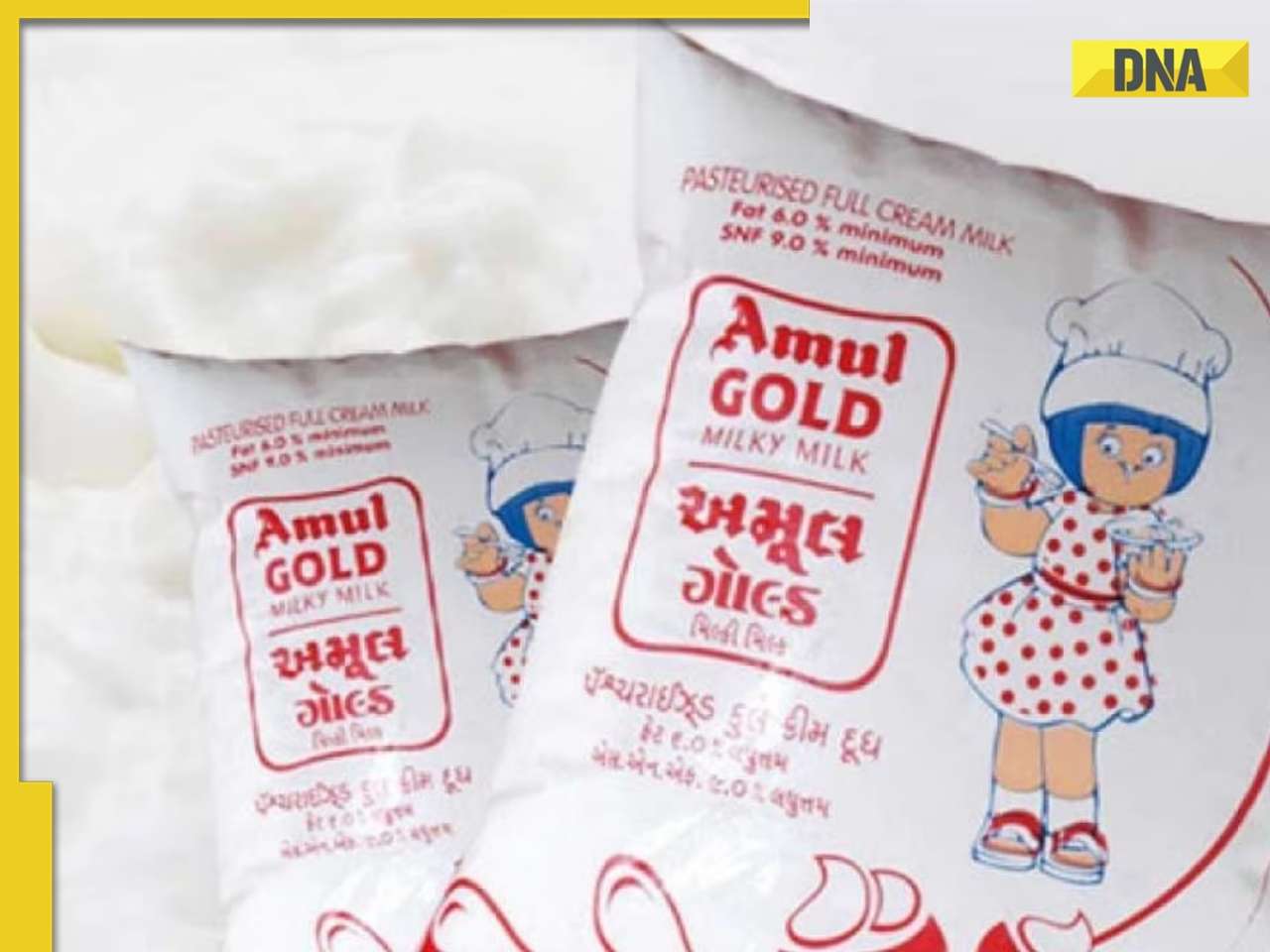
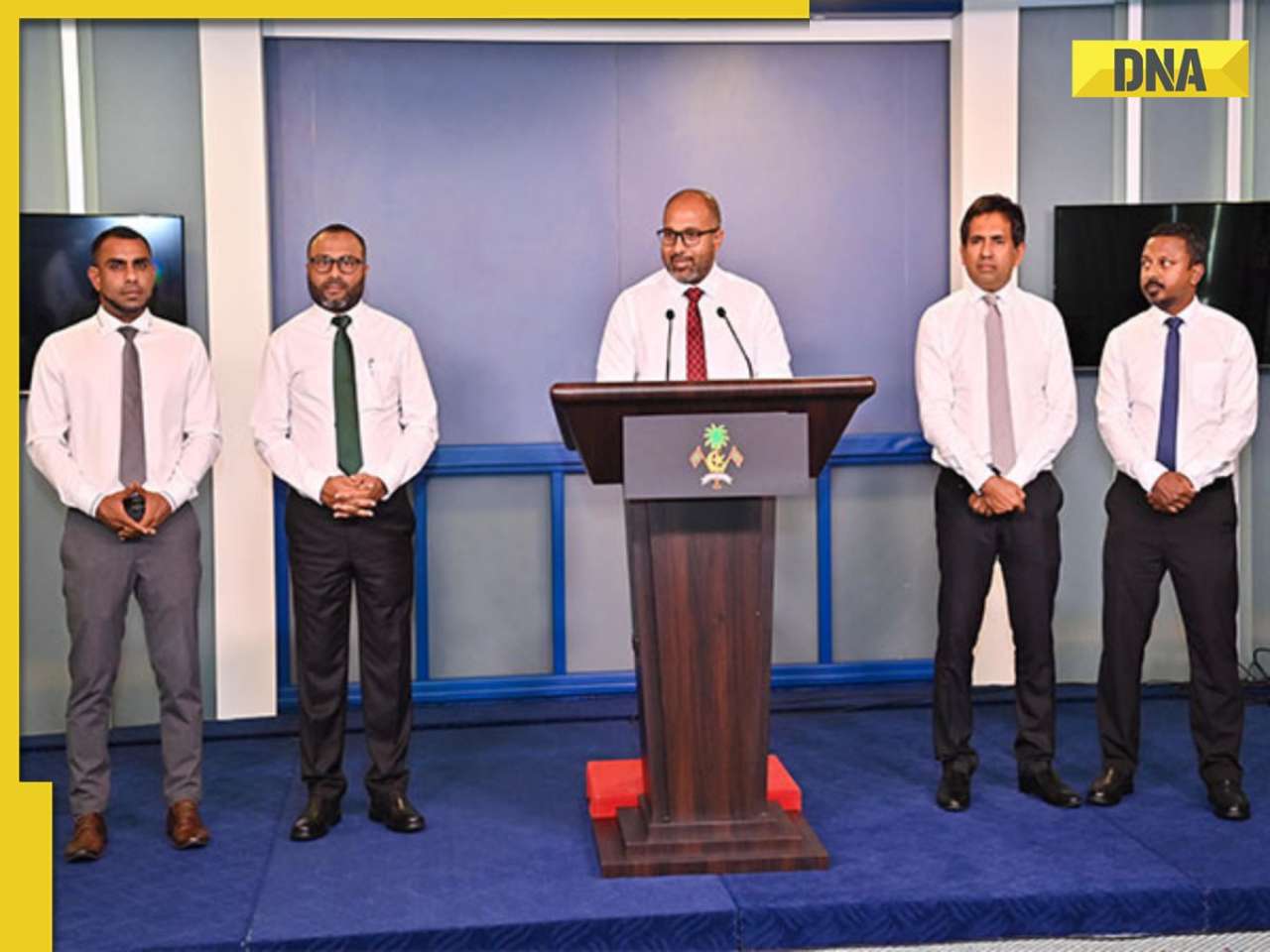
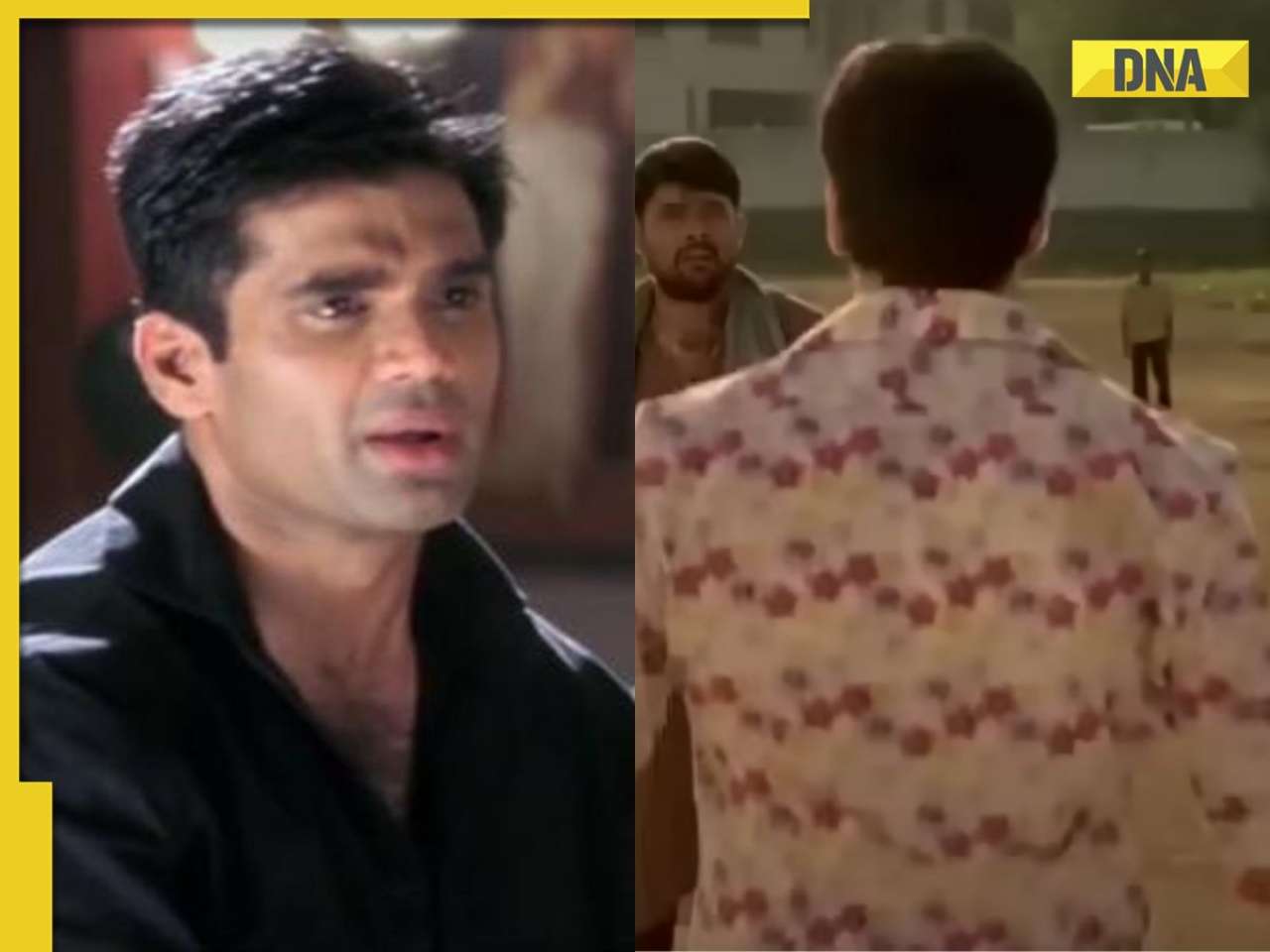





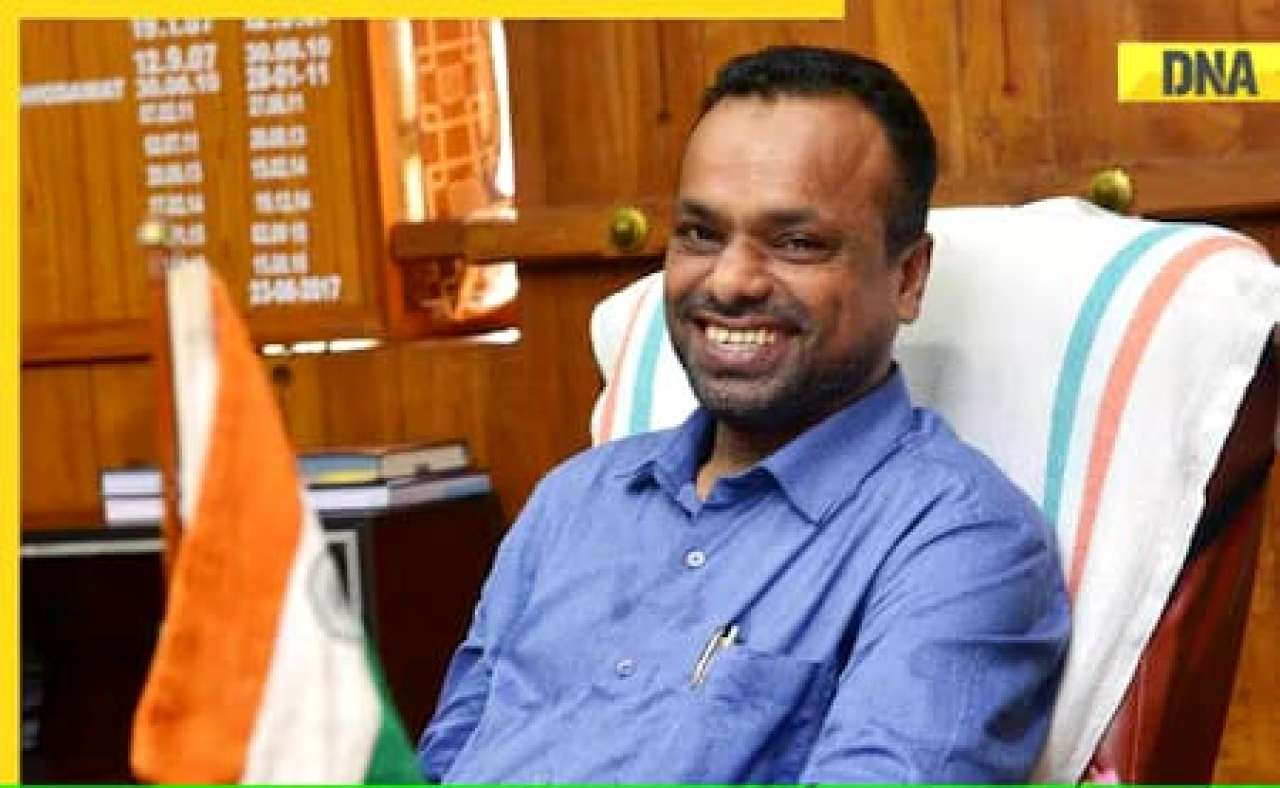

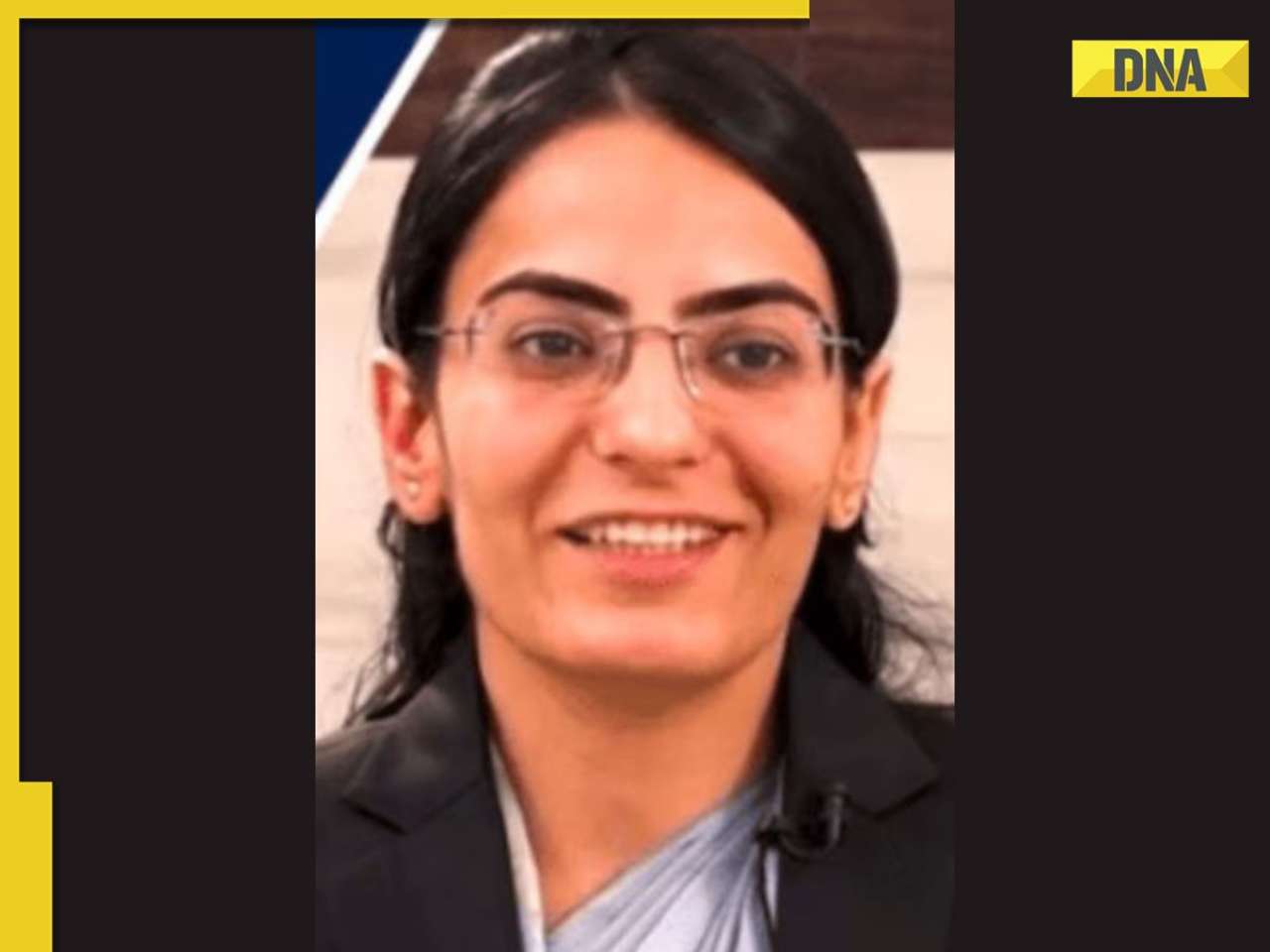






















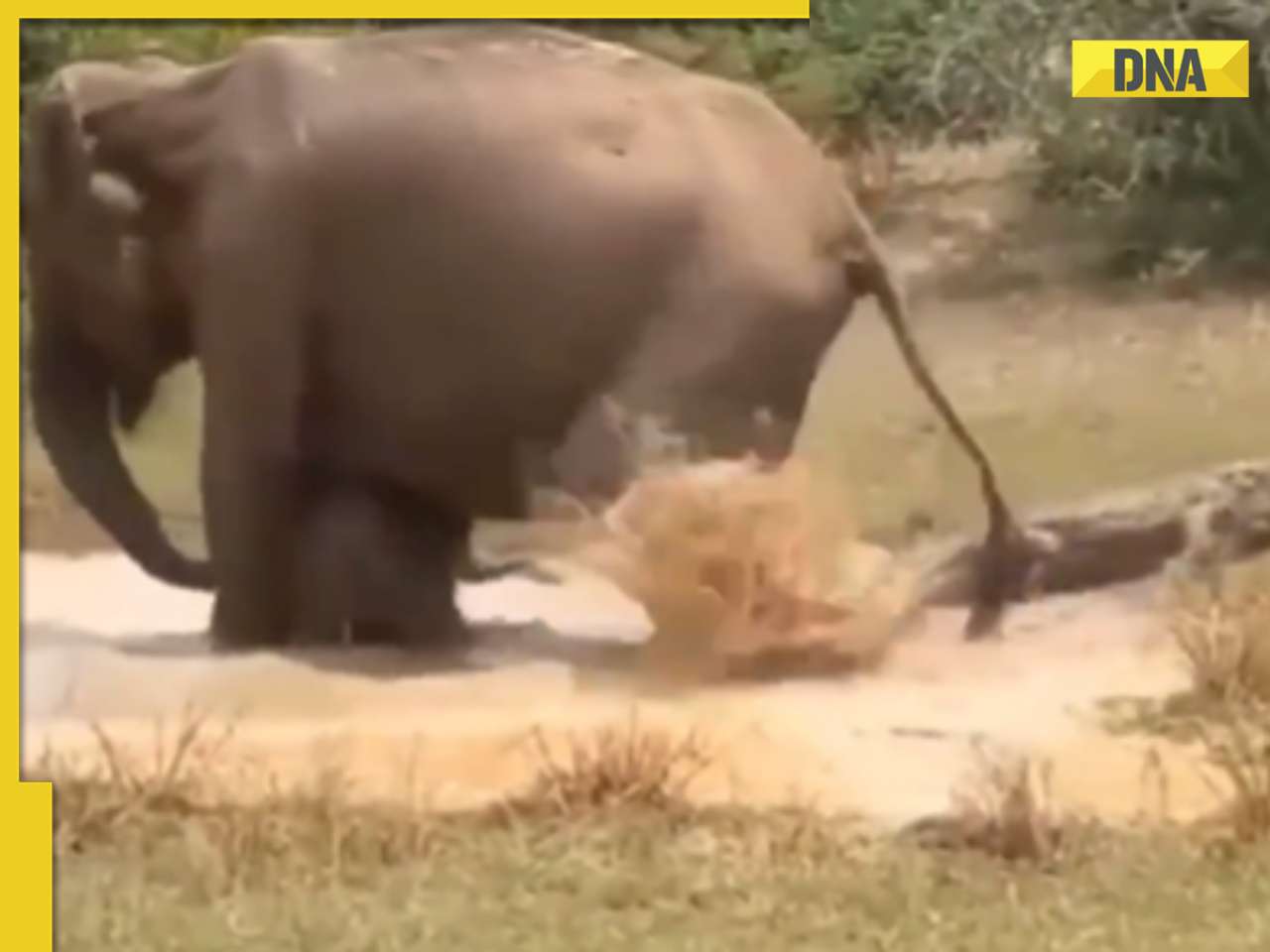

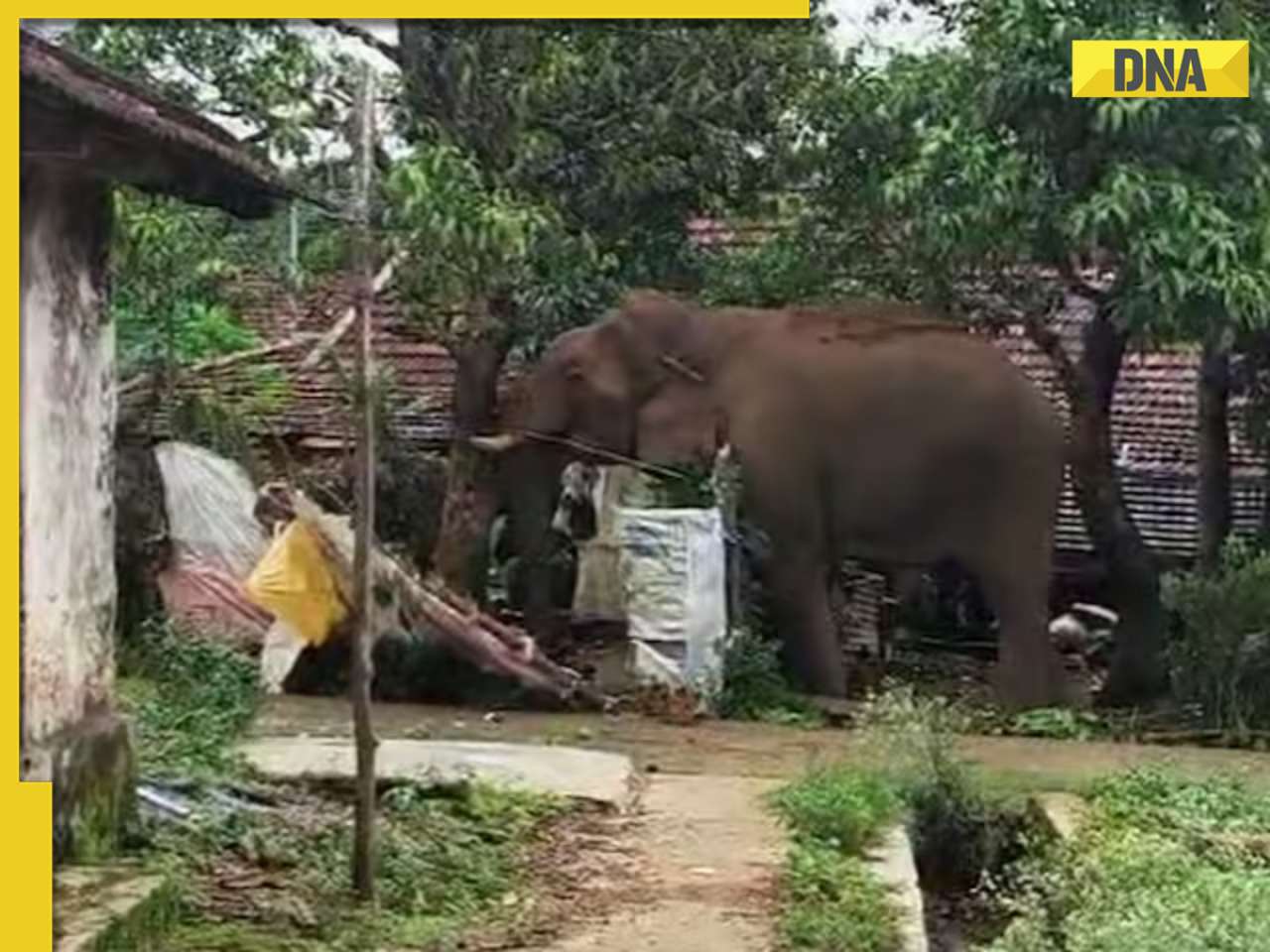



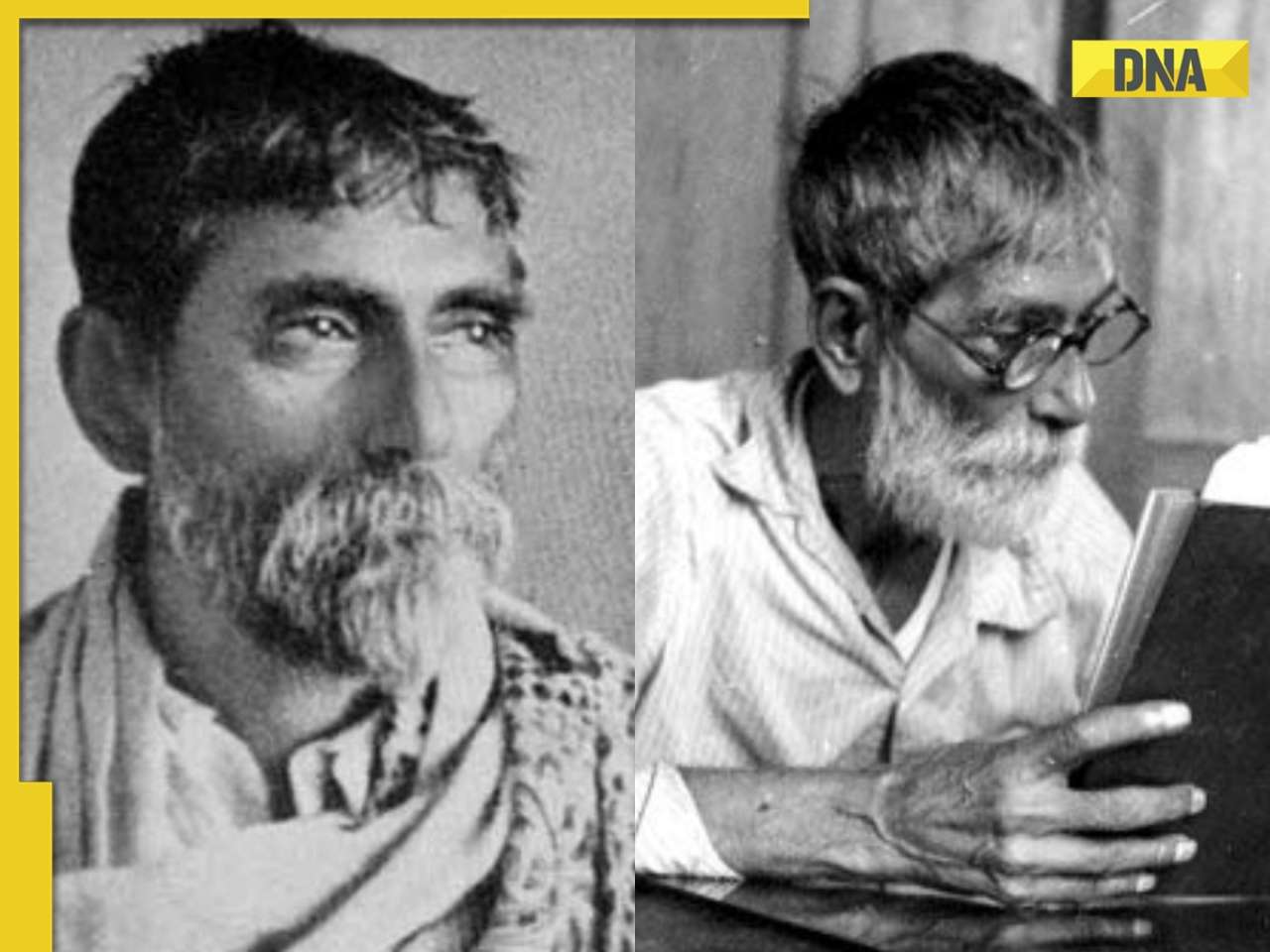
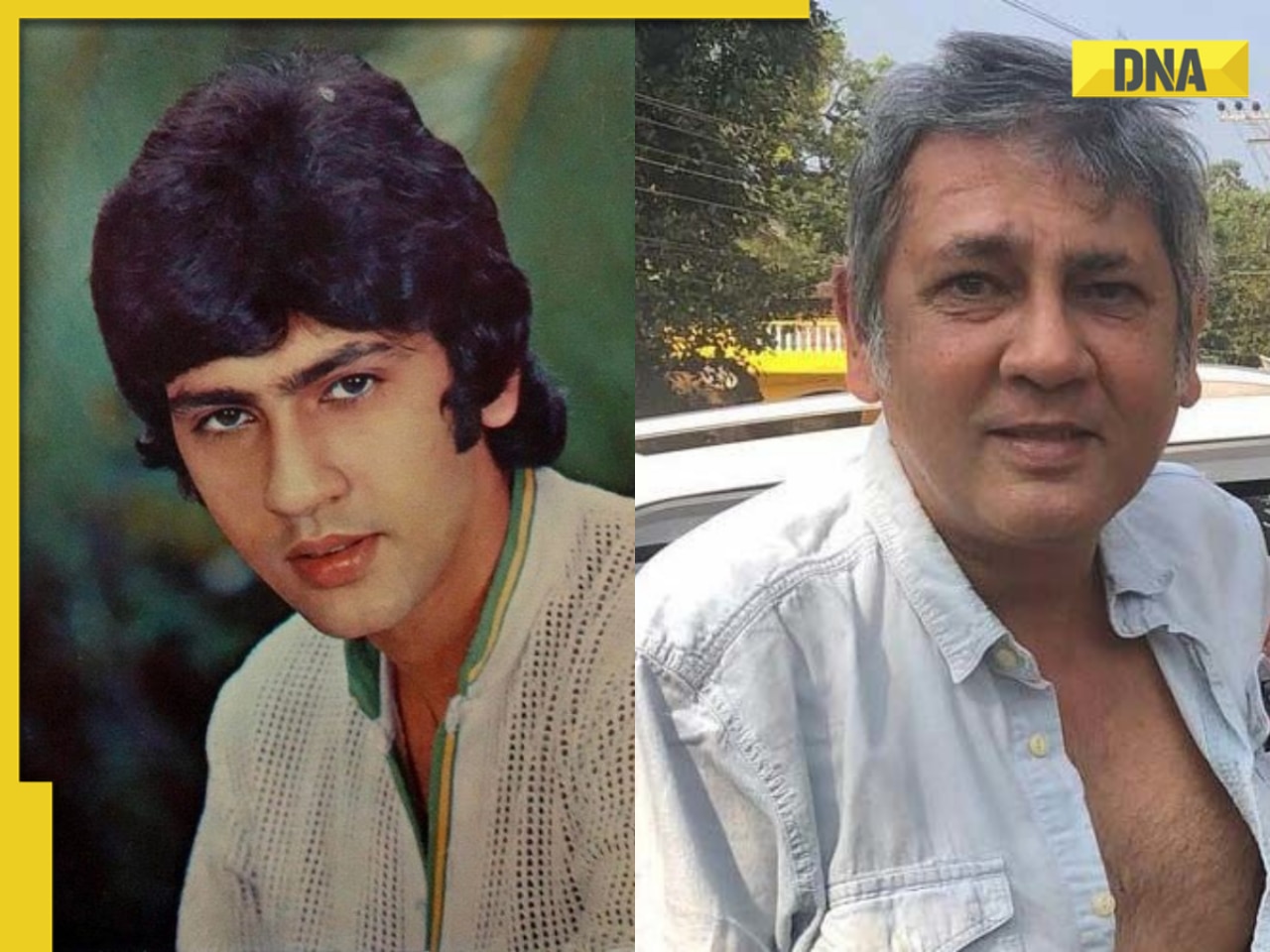



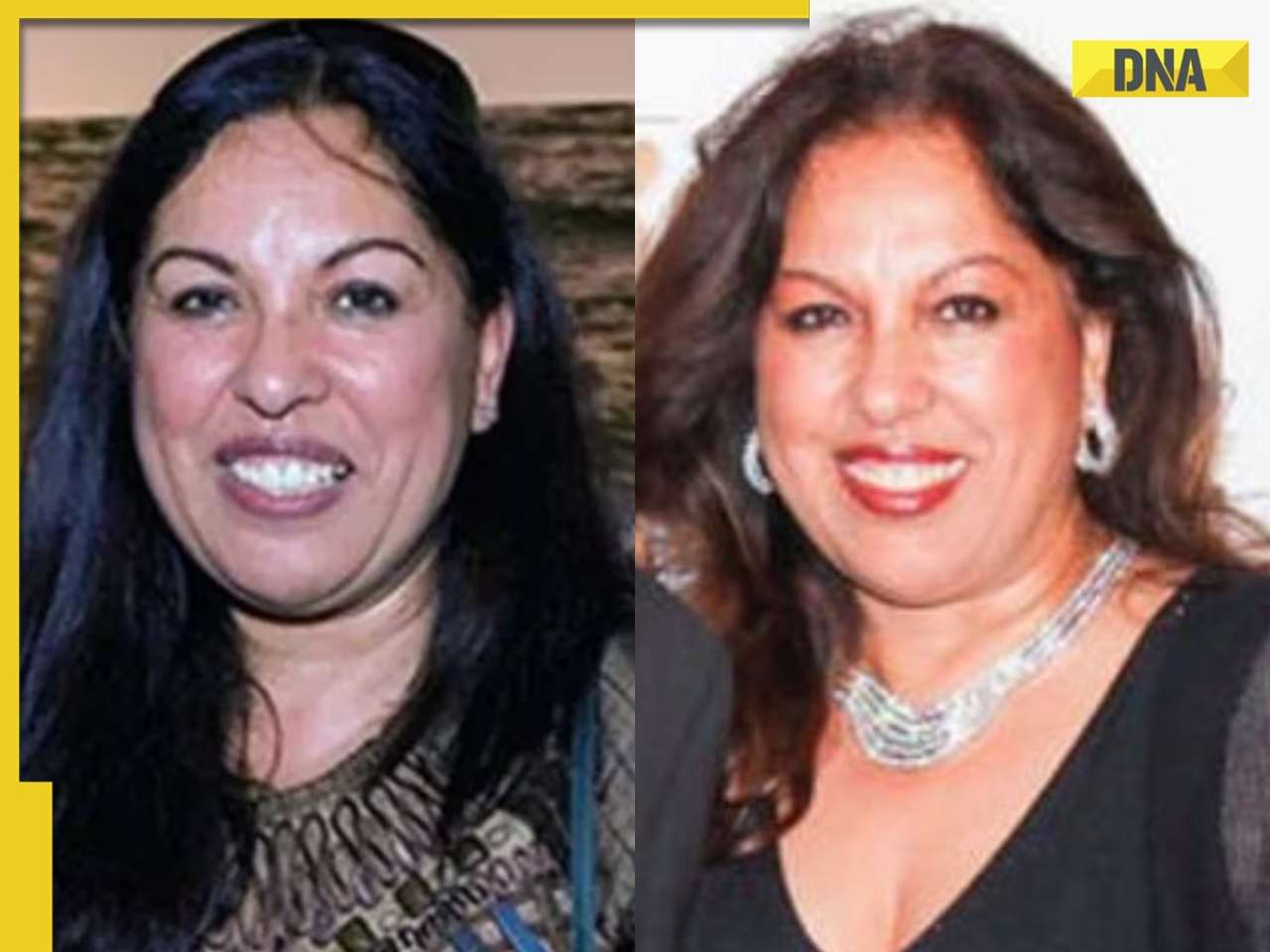


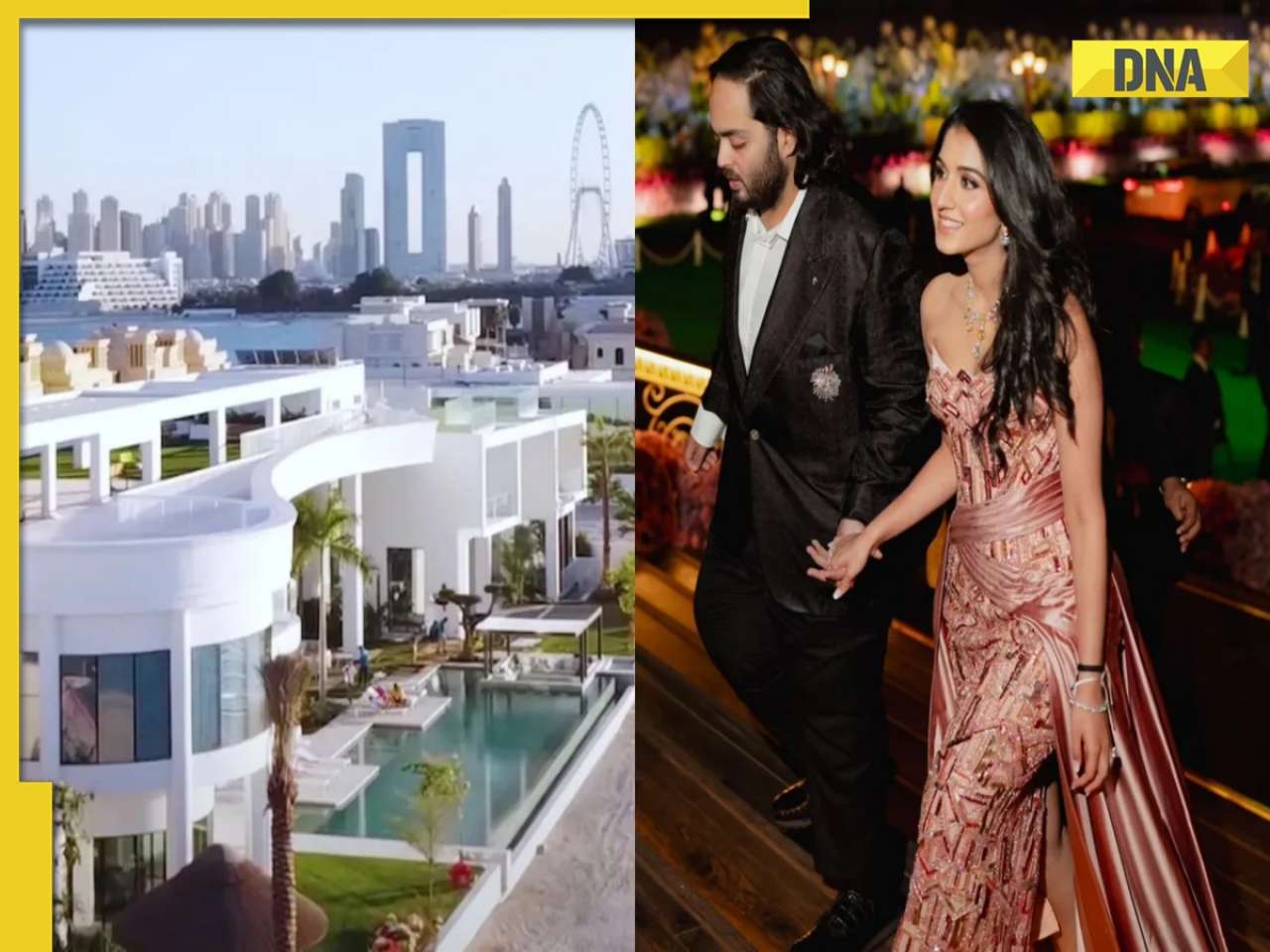
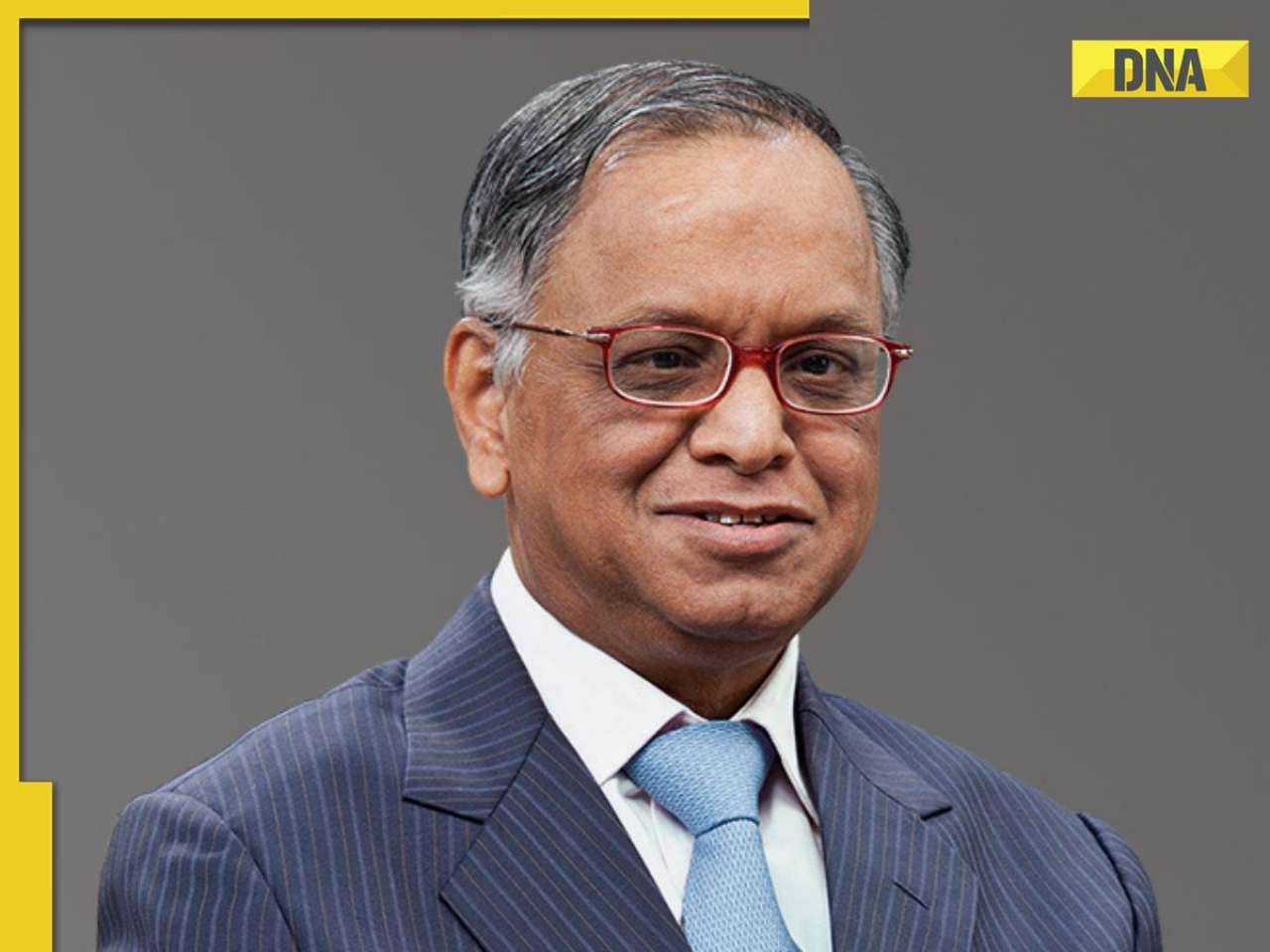





)
)
)
)
)
)